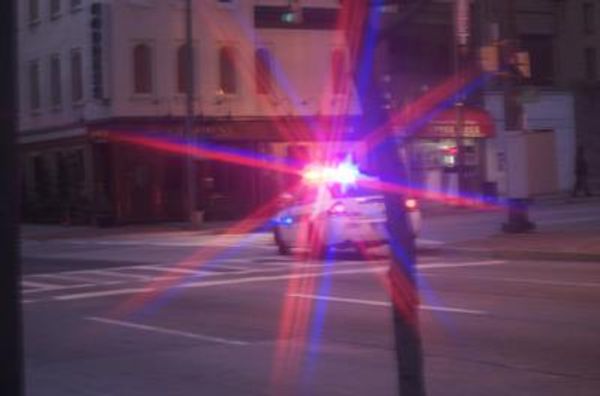
With 24% of the estimated vote in, the Michigan Democratic Party primary has seen incumbent President Joe Biden emerge as the clear winner. Biden secured an impressive 79.7% of the vote, totaling 184,149 votes. This substantial lead of over 150,000 votes places him well ahead of the second-place contender, 'uncommitted,' which garnered 14.5% of the vote. Dean Phillips trails with 2.8% of the vote.
Notably, the uncommitted vote in Michigan typically hovers around 20,000. However, this primary saw an additional 33,492 votes cast as a protest against President Biden's support of Prime Minister Netanyahu in Israel. This protest vote primarily comprised Arab-Americans, younger voters, and others dissatisfied with Biden's stance on the Israel-Hamas conflict.
On the Republican side, former President Donald Trump secured victory in the Michigan Republican primary with a commanding 66.7% of the vote, totaling 237,243 votes. His closest competitor, Nikki Haley, garnered 28.3% of the vote with 100,630 votes.
The uncommitted vote in the Republican primary, amounting to 100,000 voters in Michigan, reflects a segment of the Republican base that does not support Trump's nomination. The outcome of this group's allegiance in the November elections remains uncertain, posing a significant factor to watch.
Despite the apparent landslide victories for Biden and Trump, the primary results reveal underlying weaknesses for both candidates. Biden faces challenges with younger voters, Arab-Americans, and those critical of his foreign policy decisions. Trump, on the other hand, encounters resistance in suburban areas and among blue-collar voters.
Looking ahead, the primary results indicate potential hurdles for both candidates in the general election. Biden's need to address discontent among certain demographics and Trump's struggle to appeal to suburban voters underscore the complexities of the political landscape in Michigan.
As the primary results continue to unfold, the significance of small margins in voter support becomes evident. The impact of protest votes and uncommitted voters could potentially sway the outcome in a state where past elections have been decided by narrow margins.







